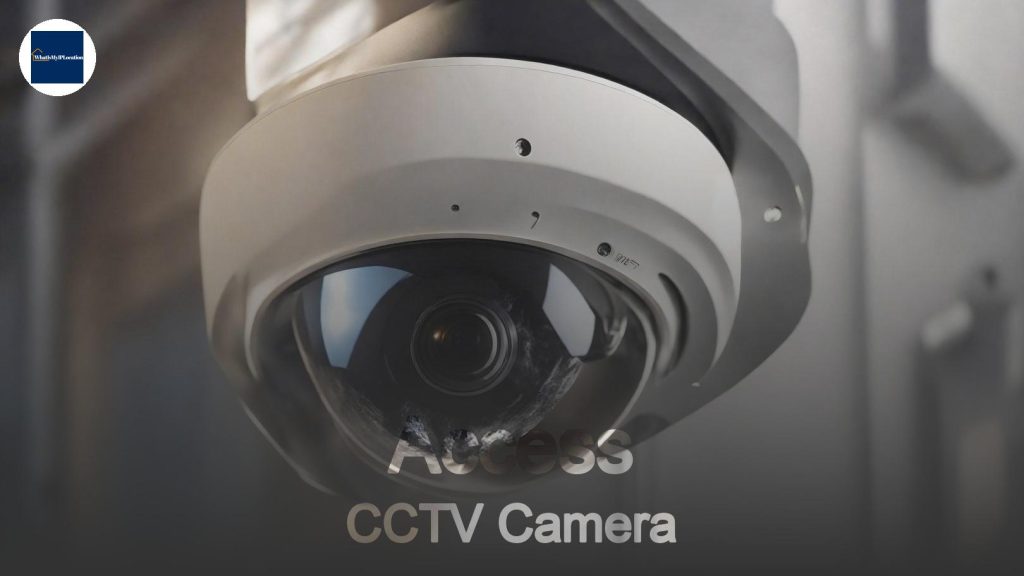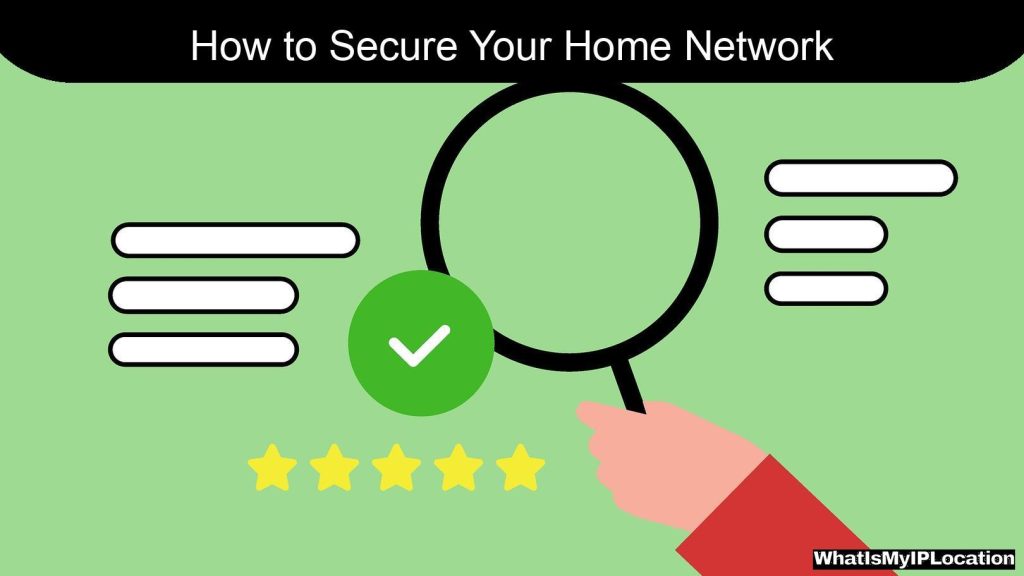Hackers are increasingly exploiting vulnerabilities in routers to gain unauthorized access to networks, compromising user privacy and security. This trend highlights the urgent need for robust security measures and regular firmware updates.
In today’s digital age, we rely heavily on our internet connections for everything from streaming our favorite shows to working from home. But did you know that hackers are increasingly setting their sights on your router? This article will explore why routers are prime targets for cybercriminals and what you can do to protect yourself and your network.
What is a Router?
A router is a crucial piece of hardware that connects your devices to your internet service provider (ISP). Think of it as a traffic cop directing data to and from your home network. Every device that connects to your Wi-Fi—like your smartphones, tablets, and smart TVs—relies on the router to stay connected to the internet.
Why Do Hackers Target Routers?
Hackers go after routers because they are a gateway into your entire home network. If they can get into your router, they can potentially access all the devices connected to it. Here are some reasons why routers are such appealing targets:
1. Default Passwords
Many people don’t bother changing the default password on their router. This means that if a hacker knows the make and model of your router, they can easily access it. Common default passwords can be easily found online.
2. Lack of Updates
Routers often don’t get the same attention as other devices when it comes to updates. Many device owners forget to check for firmware updates, leaving known vulnerabilities unpatched.
3. Personal Data
If a hacker gains access to your router, they can potentially intercept personal data, such as banking information or private communications.
4. Botnets
Hackers can also hijack routers to form botnets—a network of infected devices that can be used to carry out attacks. These botnets can take down websites or other networked services, causing chaos online.
Types of Attacks on Routers
Understanding what kinds of attacks can happen is crucial in protecting yourself. Here are some common methods hackers use:
1. Credential Stuffing
This is when hackers use lists of compromised usernames and passwords to gain access to routers. If you’ve reused passwords across different sites, you’re at a higher risk.
2. DNS Spoofing
In a DNS spoofing attack, a hacker can redirect your web traffic to a malicious site. This can happen without you even realizing it, making it look like you’re visiting a legitimate site when you’re not.
3. Physical Access
Sometimes, all it takes is physical access to the router. If a hacker can get into your home or office and reset the router, they could change settings, install malicious firmware, or even steal your information directly.
4. Man-in-the-Middle Attacks
In these sorts of attacks, hackers can position themselves between you and the websites you’re visiting. This allows them to intercept and manipulate the data being exchanged.
Signs Your Router Might Be Compromised
So how do you know if your router has been breached? Keep an eye out for these signs:
- Unusual Network Activity: If your internet is suddenly slower or you notice devices connected to your network that you don’t recognize, it might be a sign.
- Settings Changed: If you can’t access your router settings or settings have changed without your knowledge, hackers may have taken over.
- Frequent Disconnects: If your devices seem to disconnect and reconnect frequently, this could point to a problem.
- Unfamiliar IP Addresses: Checking your router’s connected devices list can show you what’s on your network. If you see something unfamiliar, investigate.
How to Protect Your Router
Now that you know why and how hackers target routers, let’s discuss how to keep your router—and your network—safe.
1. Change Default Passwords
This is a biggie. Right after you set up your router, change the default username and password to something strong and unique. A mix of letters, numbers, and symbols will make it harder for hackers to guess.
2. Keep Firmware Updated
Make it a habit to check for firmware updates regularly. Router manufacturers release these to fix security vulnerabilities and improve performance. Most routers have an easy way to check and install updates.
3. Use WPA3 Security
If your router supports it, use WPA3 encryption. It’s the latest and most secure protocol for protecting your wireless network. Just make sure all your devices can support it too.
4. Disable Remote Administration
Many routers come with features that allow you to manage your settings from anywhere. But if you don’t need this, turn it off. It reduces the chances of remote attacks.
5. Set Up a Guest Network
If you have guests who need to use your Wi-Fi, consider setting up a guest network. This way, they don’t have access to your main network and all of your connected devices.
6. Regularly Check Connected Devices
Take time to regularly check the list of devices connected to your router. If something looks off, investigate it right away. Disconnect any unknown devices.
7. Use a VPN
A Virtual Private Network (VPN) adds an extra layer of security by encrypting your internet traffic. This can be beneficial, especially if you frequently use public Wi-Fi or want to safeguard your online privacy.
FAQs About Router Security
Q1: What should I do if I suspect my router is hacked?
If you think your router has been compromised, reset it to factory settings and change all passwords. Then, update the firmware and secure it.
Q2: How often should I update my router’s firmware?
Check for updates every few months, or whenever you hear about new vulnerabilities affecting your router’s brand.
Q3: What are the best practices for creating a strong password?
A strong password should be at least 12 characters long and include uppercase letters, lowercase letters, numbers, and symbols.
Q4: Can I really be hacked through my router?
Yes, it’s not just a theory. Many people have fallen victim to attacks that leverage their home routers. Taking precautions is essential.
Q5: Is it safe to use public Wi-Fi?
Public Wi-Fi can be risky, especially if you’re not using a VPN. Hackers can easily intercept data on unsecured networks.
Router security is crucial in today’s digital world. By understanding how hackers target routers and taking the necessary steps to protect your network, you can keep your personal information safe. From changing default passwords to keeping your firmware updated, every little bit helps. Stay alert and proactive about your home network security!

